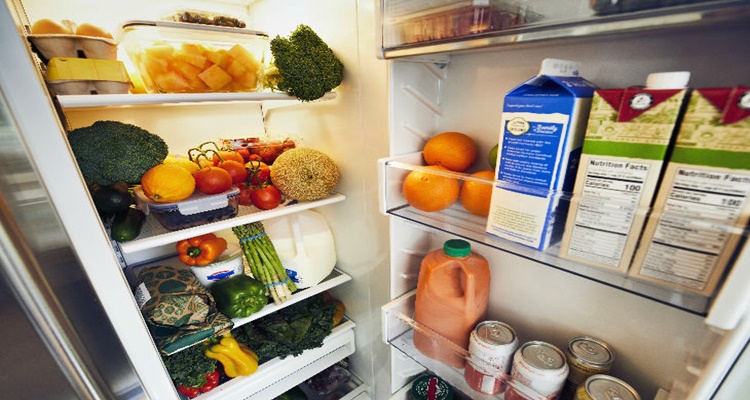To ensure food safety, here are some tips in properly storing certain types of foods.
FOOD SAFETY – Here are some tips and instructions to adhere to when it comes to the safe and proper storing of certain types of foods.
Practicing clean, safe, and proper storing of foods may play a crucial role as it can help prevent foodborne illnesses. Proper food storage matters because it can help reduce food waste, fruits and vegetables will stay fresh for a longer time, can save you money, and many more reasons.

When it comes to storing, you have to know first the three types of foods. They are:
- Perishable – fruits, vegetables, and all cooked foods
- Semi-perishable Foods – they are the flour, grain products, dried fruits, and dry mixes
- Staple, or Non-perishable Foods – dried beans, spices, and canned goods or the foods that won’t spoil unless they’re handled carelessly
Here are some tips:
- marinate your foods in the refrigerator because doing such in a room temperature may cause the rapid multiply of bacteria.
- clean your ref regularly and immediately wipe the spilt objects or liquids.
- make that when your refrigerate foods, they have covers or they are sealed
- always check the expiration or “use by” dates.
When it comes to freezing, it is not true that the said storing manner can reduce the nutrients but there will be some tiny changes in the protein value during freezing. Also, the freezer burn does not necessarily mean the food is unsafe. It just indicates some changes in the quality of the food.
To avoid poisoning, separate non-perishable foods away from the cleaning products and chemicals you use in your household.
Check out some storing hacks below:
- store eggs in a carton in the refrigerator or you may: (1) crack and separate the white and yellow before freezing which is best for baking and (2) freeze beaten eggs and store in a plastic tub as this is ideal for omelettes and scrambled eggs.
- when it comes to meat, make sure that you put them in a clean and sealed containers and place them at the bottom, and separate the cooked meat from raw meat.
- defrost your meat or fish thoroughly before cooking.
- never refreeze raw meat or fish after defrosting them. You can just refreeze the cooked ones.
- refrigerating leftovers:
- cool them down within two hours before freezing them
- use them within two days and reheat for 2 minutes in a temperature of 70C
- foods should only be reheated once because reheating over once will increase the risk of food poisoning according to NHS UK’s post.
READ ALSO:
- Toxic Foods – Here’s How Toxic Some Common Foods Can Be
- Working Out When Sick – Is This A Good Or Bad Move?
What can you say about this? Let us know!

